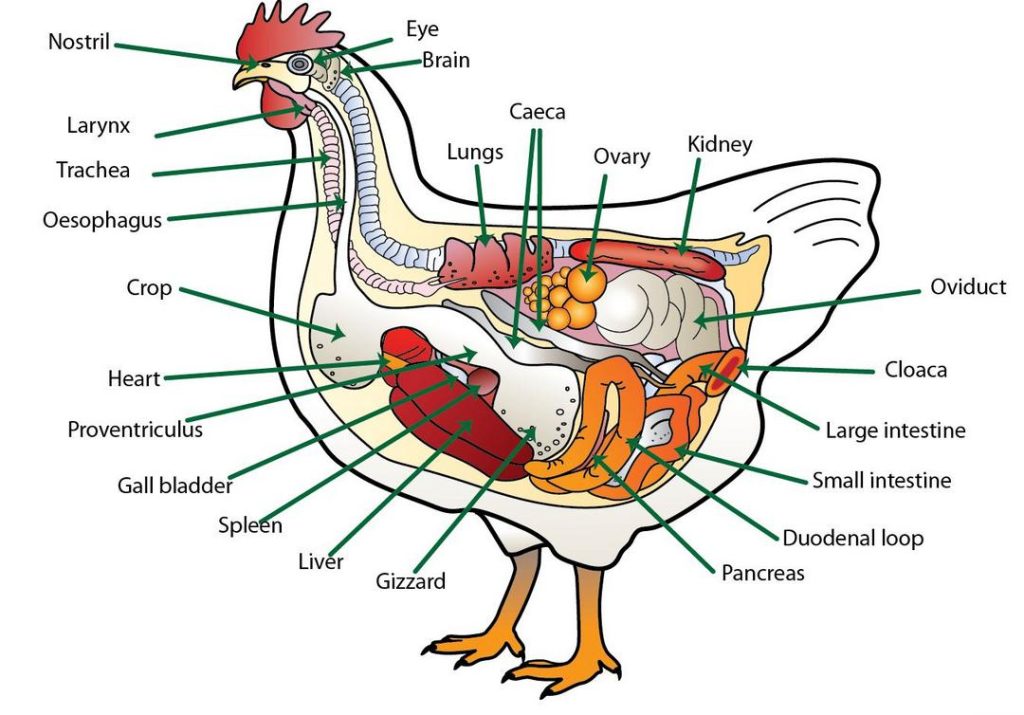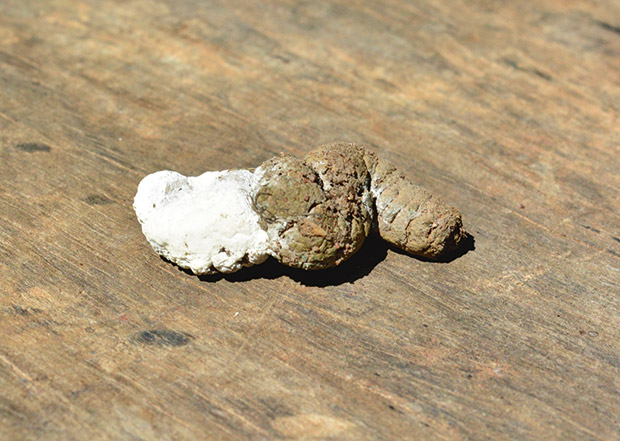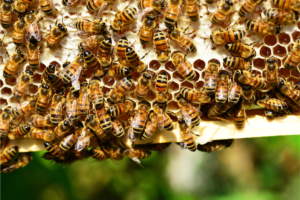Chickens are fascinating creatures that have been domesticated for thousands of years. Whether you’re a backyard farmer or simply curious about these feathered friends, you may have wondered, “Do chickens pee?” It’s a seemingly simple question that has sparked many debates and misconceptions. In this article, we’ll explore the intriguing world of chicken physiology, dispel common myths, and provide you with a comprehensive understanding of how chickens excrete waste. Let’s dive in!
Understanding Chicken Anatomy

Before we address the question of whether chickens pee, it’s essential to grasp the basics of chicken anatomy. Chickens have a unique urinary system that differs significantly from mammals like humans and dogs. Unlike mammals, chickens lack a urinary bladder, which is responsible for storing liquid urine. Instead, chickens have a cloaca, a multipurpose orifice where waste is expelled from the body.
Do Chickens Pee?
The prevailing myth is that chickens don’t pee at all. However, this couldn’t be further from the truth. Chickens do, in fact they excrete waste that contains a substance called uric acid. This substance serves a similar purpose to liquid urine in mammals but is excreted in a different form.
In chickens, uric acid is a white, semi-solid substance that is combined with feces and expelled from the cloaca. This unique excretion method allows chickens to conserve water more effectively in their bodies.
Uric Acid vs. Liquid Urine
To understand why chickens don’t have liquid urine like mammals, it’s crucial to differentiate between uric acid and liquid urine. Liquid urine primarily consists of water, urea, and other waste products. In mammals, the urinary bladder stores urine until it’s expelled from the body.
In contrast, uric acid is a more concentrated waste product with a lower water content. Chickens excrete uric acid as a paste-like substance, which helps them conserve water, a valuable resource for birds living in dry environments.
How Chickens Excrete Waste

Chickens excrete waste through a single opening called the cloaca. This orifice serves as a multi-functional exit point for urine, feces, and even the passage of eggs in hens. When waste materials, including uric acid, collect in the cloaca, they are expelled as a combined substance. This adaptation is essential for birds, as it helps them efficiently eliminate waste without excessive water loss.
Read also: Parts of a chicken
FAQs About Chicken Urination
1. Do chickens urinate like humans? Chickens do not urinate in the same way humans do. Instead, they excrete uric acid as a semi-solid substance.
2. What is the purpose of uric acid in chickens? Uric acid helps chickens conserve water by eliminating waste in a concentrated form.
3. Can you collect chicken urine for fertilizer? While it’s technically possible to collect uric acid for fertilizer, it’s not a common practice due to its limited quantity and high ammonia content.
4. Are there health implications if chickens don’t pee? Chickens have evolved to efficiently conserve water, so there are typically no health issues related to their unique excretion method.
5. Do chickens fart? Chickens do produce gas as part of their digestive process, but they do not have the same kind of flatulence that humans do.
Gas produced during digestion is typically expelled along with their feces and urine, and it doesn’t result in the audible farting sounds that humans often make.
6. Do chickens pee and poop from the same hole? Yes, chickens pee and poop from the same opening called the cloaca.
The bottom line
The question “do chickens pee?” is often a subject of curiosity, and it’s important to understand that chickens have a unique way of excreting waste.
Chickens do not have a separate urinary system like mammals, Instead, chickens eliminate both urine and feces through a single opening called the cloaca, which serves as a multipurpose organ for reproduction and waste elimination.
Read also: Difference between alpaca & llama
